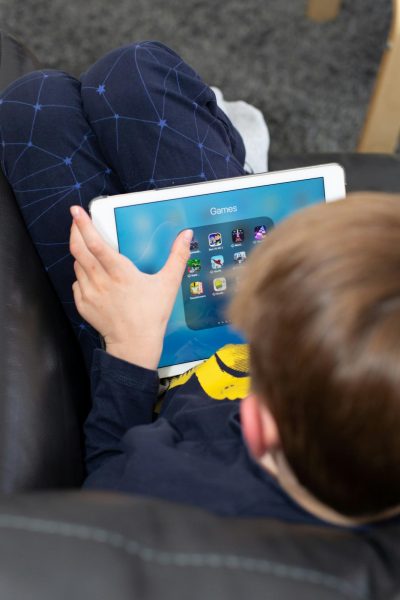Hong Kong’s Protest for Democracy
Hong Kong has been weighed down by months of protest, clashes with police, and unrest. What brought on this chaos? The demonstrations in Hong Kong that have been ongoing since early June began with an unpopular bill and grew into a broad protest of Beijing’s rule. The Fugitive Offenders Bill was introduced in February 2019, and the bill would allow for the handing over of those accused of crime to the jurisdictions of places that Hong Kong had no extradition treaties with, such as mainland China. Residents of Hong Kong believed this bill stripped them of their civil liberties and semi-autonomy.
Hong Kong’s relationship with China can be described as “one country, two systems,” meaning that Hong Kong is a part of China, but those living in Hong Kong have civil rights that those on the mainland of China lack. Hong Kong was a British colony until 1997. Then, Hong Kong became part of China, but it maintained its own government, laws, and Basic Law, which is similar to a constitution. China agreed that Hong Kong could remain mostly self-governing until 2047. Many Hong Kong citizens believe that the extradition bill threatens the agreement to allow Hong Kong to have its own system; consequently, the people of Hong Kong began to protest the bill in June.
While this demonstration of opposition began as a peaceful march, the protests quickly escalated into violence. On June 12th, police labeled the protest as a “riot” and fired tear gas, pepper spray, rubber bullets, and bean bags at thousands of protesters. This violence placed Carrie Lam, Hong Kong’s chief executive, under scrutiny, causing her to suspend the bill, but not withdraw it entirely. From police brutality and Lam’s stance on the bill, the protest grew into a 6-part goal: total withdrawal of the extradition bill, repeal of the “riot” characterization, release of the arrested protesters, investigation of police conduct during the protests, resignation of Lam, and universal suffrage. Many of the protests have been peaceful, such as the march on June 16th with 2 million who joined; however, some demonstrations have been extreme, such as protesters vandalizing China’s national emblem. Finally, 13 weeks after protesting began, the extradition bill was formally withdrawn on September 4. However, protesters say this was “too little, too late,” and they hope for major reform through universal suffrage.

Lauren is a senior and a third year member of the Crimsonian staff. She is involved in cheerleading, Sparkle, Best Buddies, and National Honor Society.





